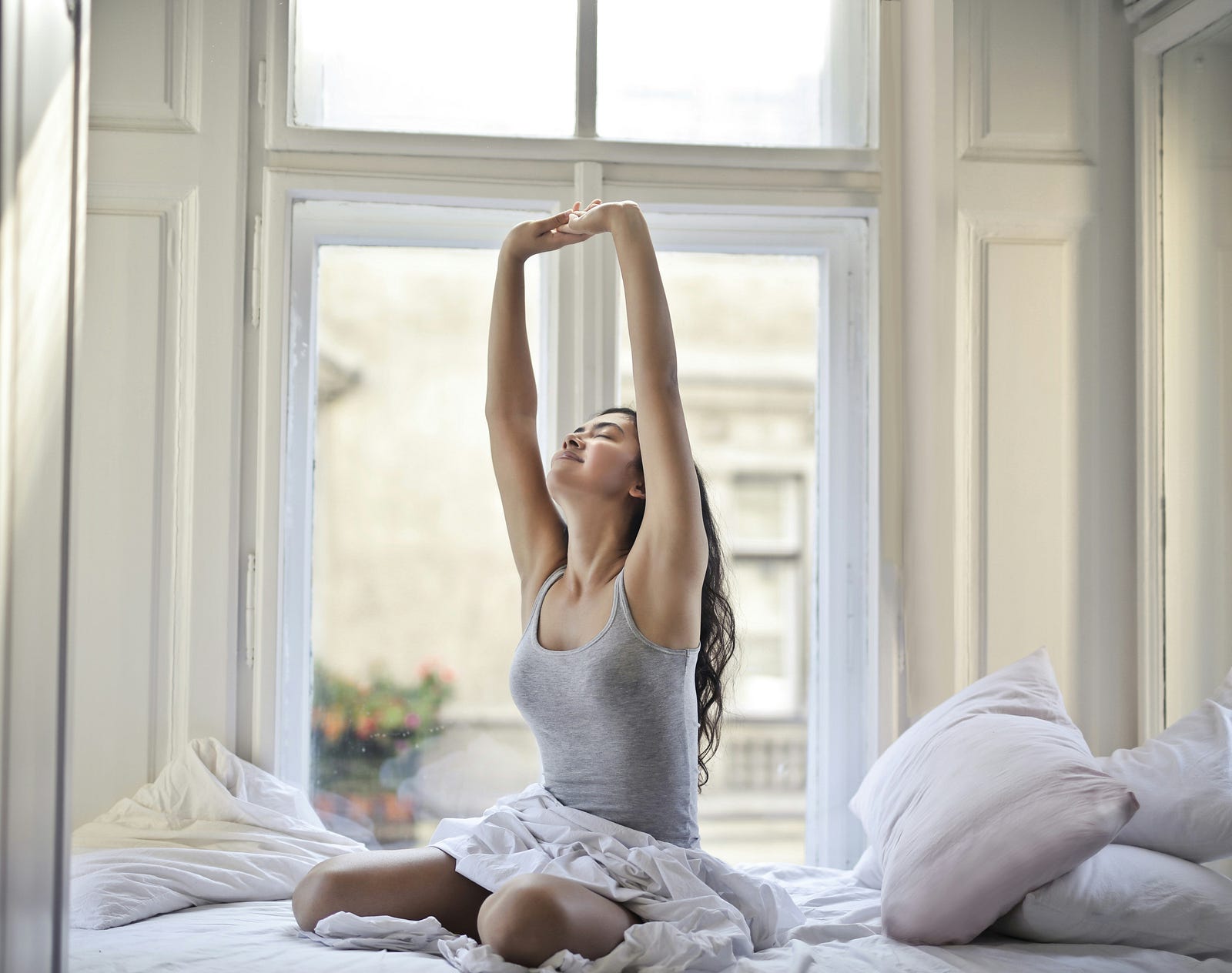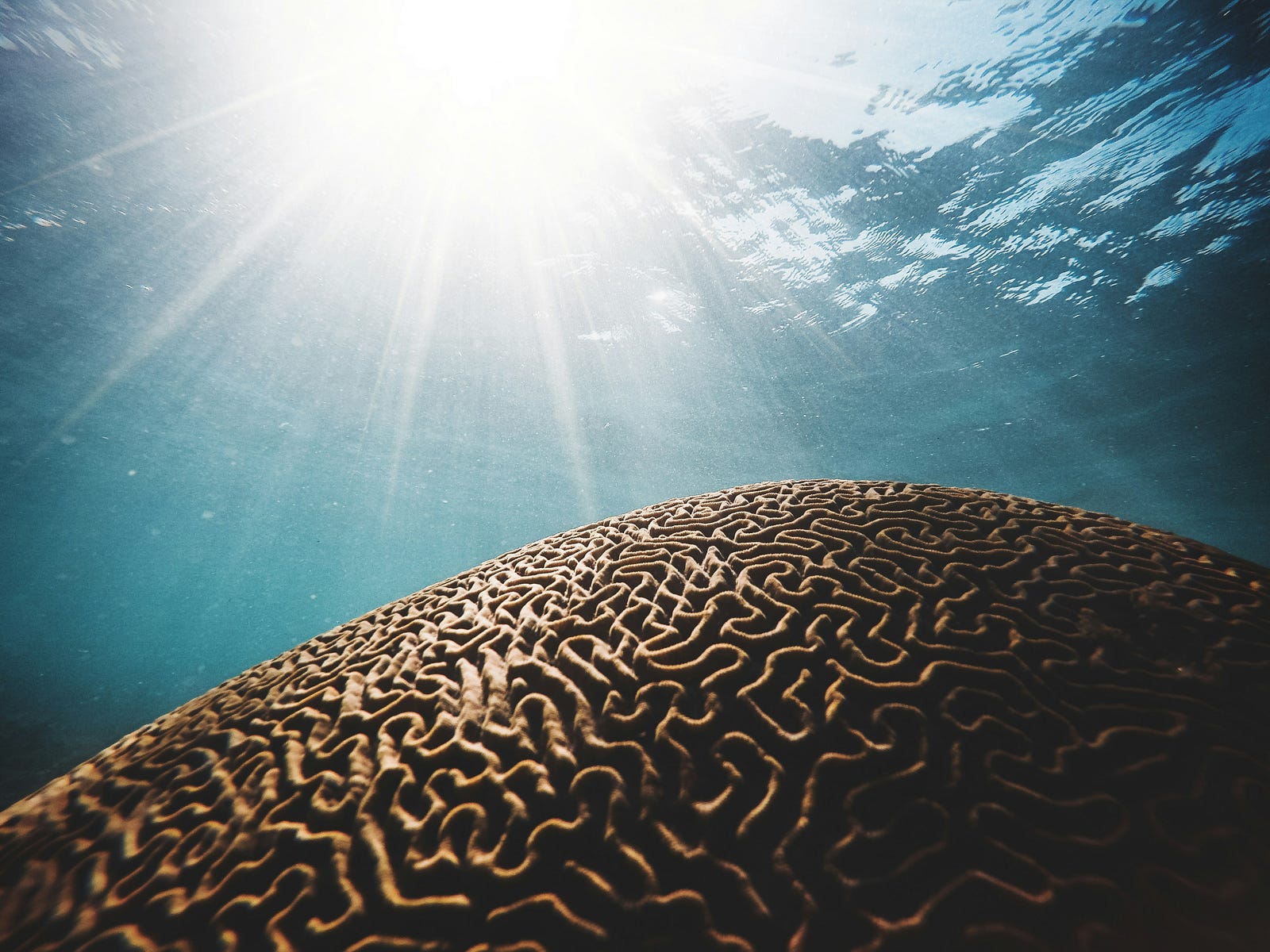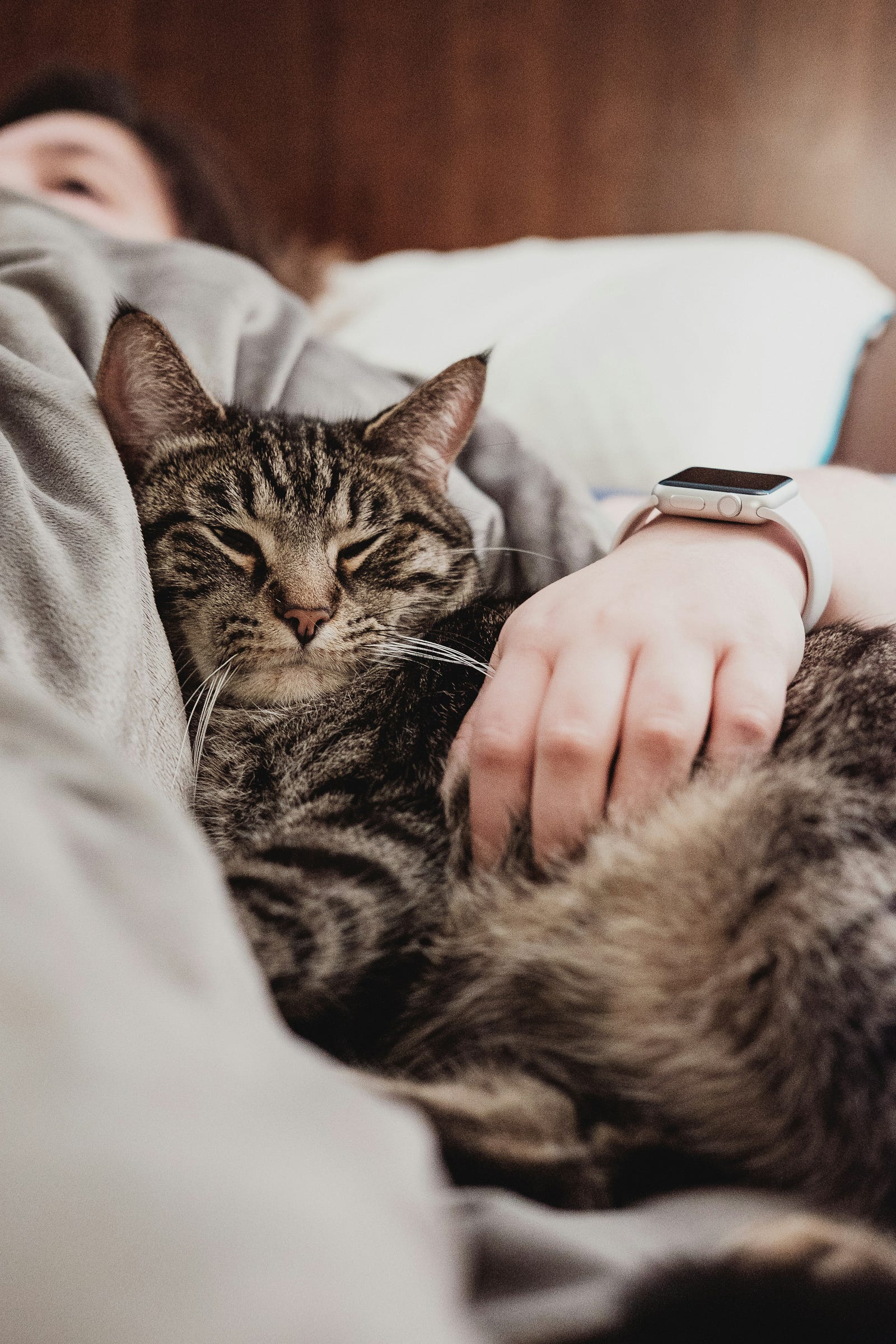HARDLY A WEEK GOES BY WHEN A PATIENT DOESN’T ASK me about short sleep. And the inevitable follow-up question: Do naps salvage a sleepless night? Today I offer a power nap guide.
I only sometimes get the seven to nine hours of sleep that I should to optimize my health.

Here is my takeaway message:
Indulging in a midday snooze can offer a reprieve and boost productivity.
However, recognize that a persistent need for these naps might indicate underlying chronic sleep deprivation.
Today, I’ll explore the potential health benefits of good sleep before considering the pros and cons of napping.
Famous Writers on Sleep
Of course, I must begin with Shakespeare:
“Innocent sleep. Sleep that soothes away all our worries. Sleep that puts each day to rest. Sleep that relieves the weary laborer and heals hurt minds. Sleep, the main course in life’s feast, and the most nourishing.”
― William Shakespeare, Macbeth.

Next up? This insightful observation from Hemingway:
“I love sleep. My life has the tendency to fall apart when I’m awake, you know?” ― Ernest Hemingway.
I close with this: I may love sleep (and naps), but Poe was not a fan:
“Sleep, those little slices of death — how I loathe them.”
― Edgar Allan Poe
Good Sleep for Good Health
Finding time to relax and sleep well can be impossible in today’s fast-paced world.
I try to get sufficient sleep.
Sleep is as crucial for our health as eating well and staying active.

Getting good sleep boosts our brainpower and mood and keeps us healthy.
If we don’t get enough quality sleep regularly, we’re more likely to develop serious health problems like heart disease, stroke, obesity, and even memory loss.
Short Sleep is Bad for Your Brain
YOU ALREADY KNOW THIS — YOU DON’T THINK AS WELL when you get insufficient sleep. A new study confirms short sleep is…medium.com
The Siesta
For the last two years, I have taken holidays in Spain.
I highly recommend you go to Madrid, Seville, or Barcelona if you have yet to go.
I am thinking of my hot summer days there. Many folks napped during the afternoon as a normal part of life.

And everyone sprung back to life in the evenings and late nights.
At up to 108 degrees, I can understand why.
Even Americans love naps; upwards of one-third of us regularly enjoy an afternoon snooze, according to the National Sleep Foundation.
Sleep for Health
Consistently sleeping less than seven hours can harm your health and safety.
That’s why it’s crucial to prioritize and safeguard your sleep every day.
Here are some of the benefits of getting adequate sleep:
- Help you lose (or maintain) weight
- Better productivity and concentration
- Strengthen your heart
- Optimize your athletic performance
- Improve sugar metabolism
- Help you dodge depression
- Support a healthy immune system
- Help with emotions and social interactions

Not getting enough sleep increases your chances of a car crash or getting hurt at work. It can also affect your ability to make important decisions.
Is Your Nap Doing You Any Good?
Are you healthy? A quick nap can be helpful. I previously posed this question:
What do you think is the optimal nap length to improve job performance?
- A. 14 minutes
- B. 26 minutes
- C. 39 minutes
- D. 60 minutes
If you guessed 26 minutes, you are spot on!

NASA found that when pilots took a 26-minute nap in the cockpit, their alertness improved by up to 54 percent.
Additionally, their job performance improved by about one-third (34 percent) compared to pilots who didn’t nap.
Sleep too long, and you’ll get sleep inertia (although some have a cappuccino, consuming some caffeine before they doze.
Do Naps Have Other Benefits?
The first nap upside that comes to mind is making driving safer by preventing drowsiness-induced accidents.
My mood improves after a nice nap, too.

A nap also helps me compensate for some of the negative health effects of short sleep.
A Power Nap Guide
I enjoy a nap about once per week.
But napping isn’t for everyone.
If midday siestas disrupt your nighttime sleep or leave you groggy, please skip them.
But if you want to nap, here are some tips:
- Short and sweet: Try a power nap of less than 30 minutes.
- Nap before 2 pm: Experts recommend napping before 2 pm to minimize interference with nighttime sleep.
- Coffee nap hack: Have a small coffee before your nap. The caffeine will kick in after you wake up, helping you feel more alert. Call it a nappuccino.
- Nap prep: Set an alarm for 25 to 30 minutes or less. Find a cool, quiet, dark spot, or use an eye mask and earplugs.
- Be careful with alcohol and caffeine, especially in the evening, as they can disrupt your sleep.
To Nap or Not to Nap
Of course, napping is optional.
If you are like me — you enjoy an occasional nap and feel refreshed afterward — then power nap away.
But if napping doesn’t work for you and tiredness persists, you might want to try these maneuvers:
- Review Your Sleep Routine: Look for areas for improvement in your sleep hygiene.
- Sun power: On non-nap days, soak up bright sunlight to boost your energy levels naturally.
- Get some exercise during the day.
- Turn off electronic devices like TVs and phones at least an hour before bedtime because the blue light they emit can make it difficult to fall asleep.
- Keep your bedroom cool, dark, and quiet to create the best environment for sleeping.
- Talk to a healthcare provider: If fatigue is constant, consult a healthcare professional to rule out any underlying conditions.

The key is to find what works best for you to feel energized and well-rested.
While everyone’s sleep needs differ, most experts recommend aiming for seven to nine hours per night to maintain good health.
My Final Thoughts – A Power Nap Guide
If you find yourself needing naps regularly, it’s a good idea to figure out why you’re so tired in the first place. Here’s what you can do:
- Track Your Sleep: Keep a sleep diary to see how many hours you get each night. Most adults should aim for seven to nine hours.
- Improve Your Sleep Habits: If you consistently fall short on sleep, try some strategies to improve your sleep hygiene. These could involve creating a relaxing bedtime routine, sticking to a sleep schedule, and ensuring your bedroom is cool, dark, and quiet.
Could It Be More Than Just Sleep?
If you’re getting enough sleep at night but still need naps, there might be another reason for your daytime fatigue.
It’s always best to consult with a doctor to rule out any underlying health conditions that may be contributing to your tiredness.
Thank you for reading “A Power Nap Guide.”




